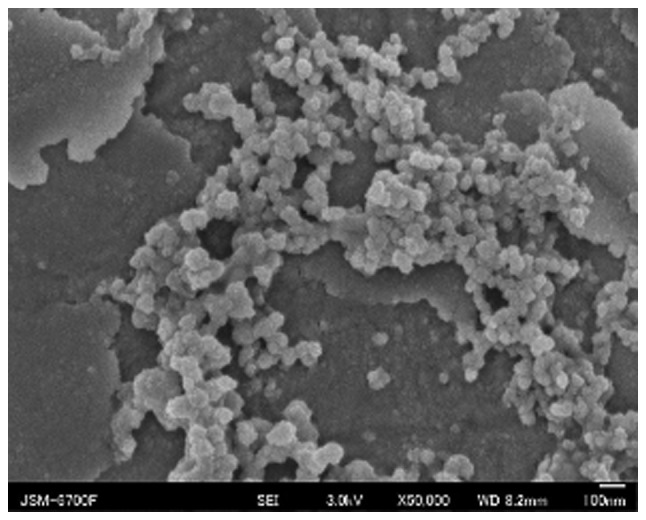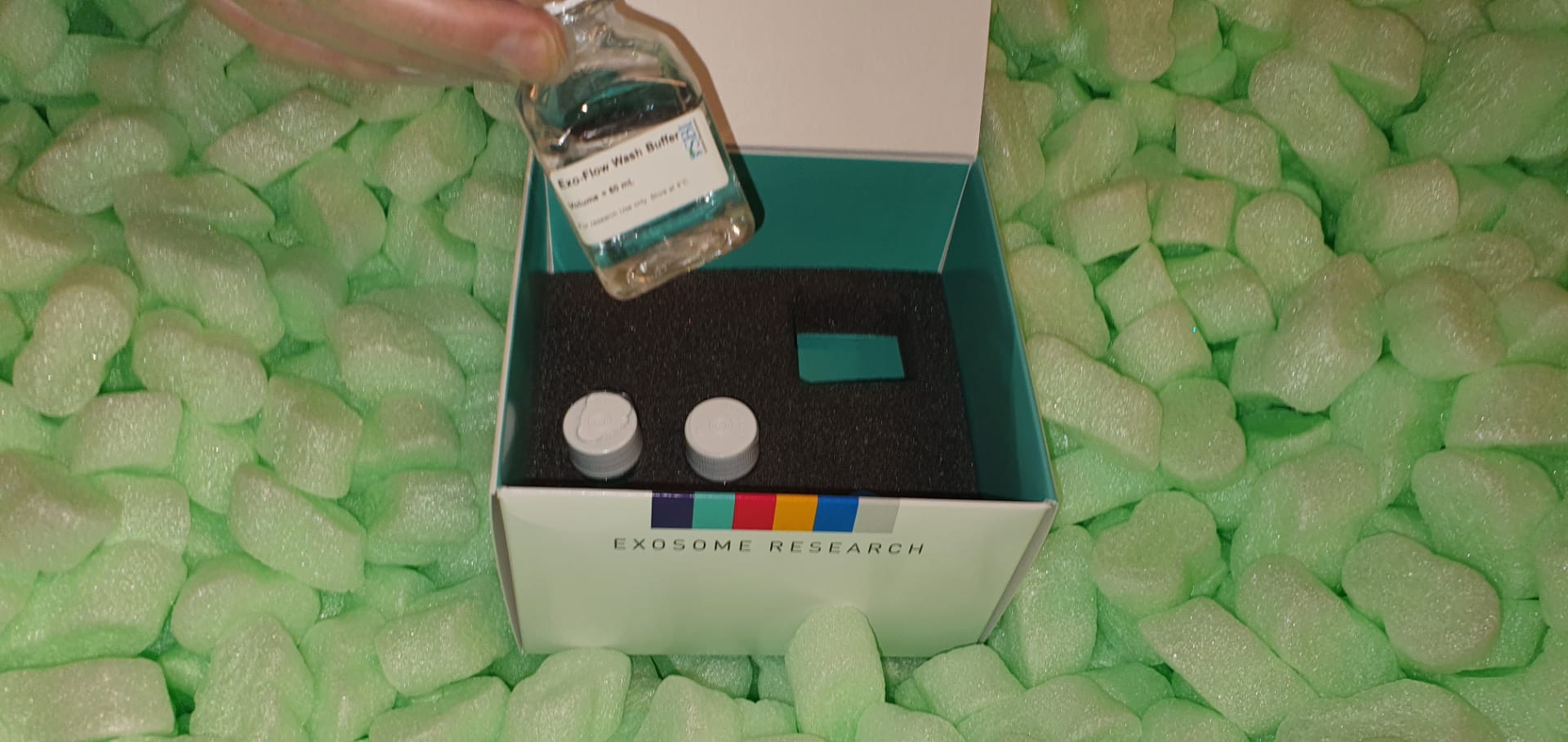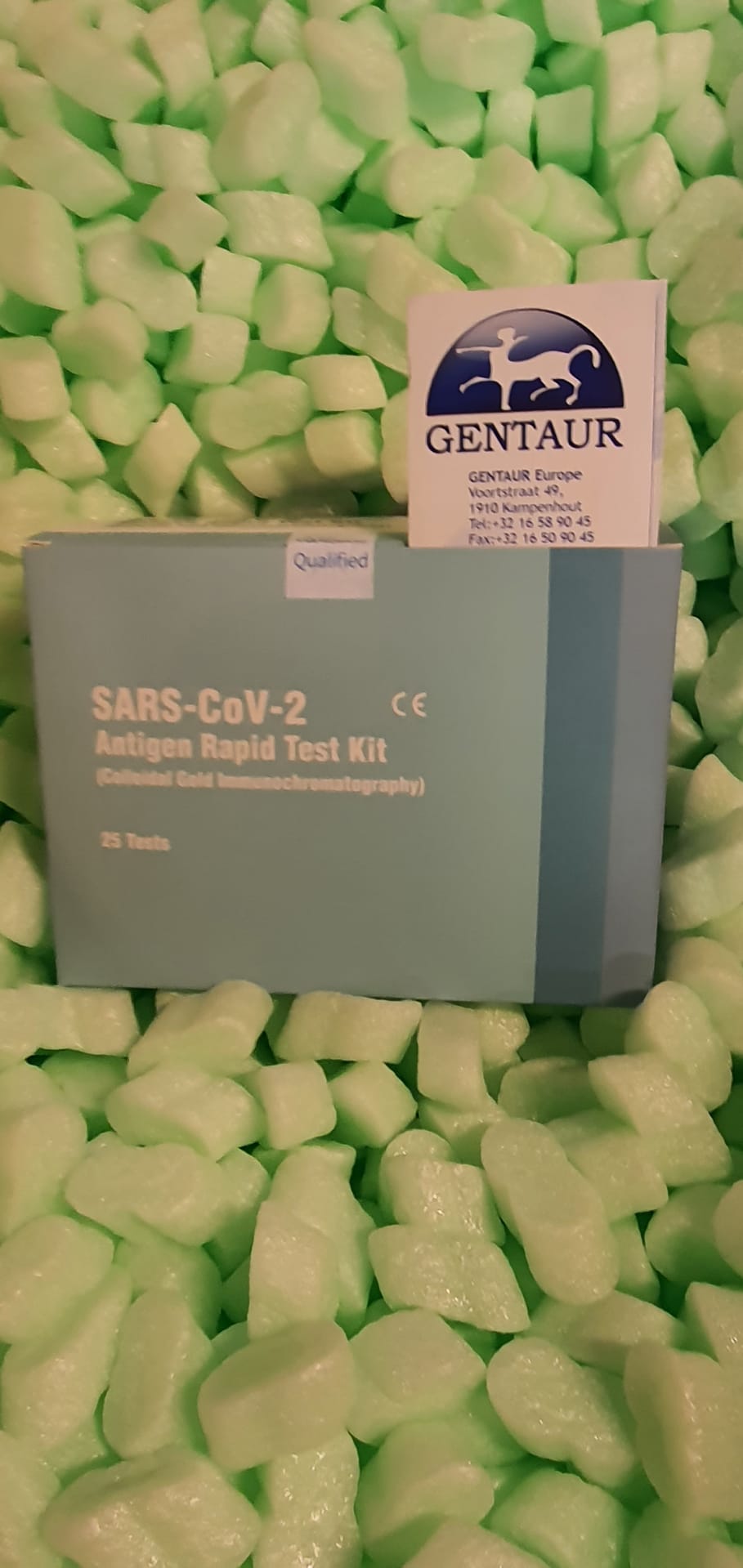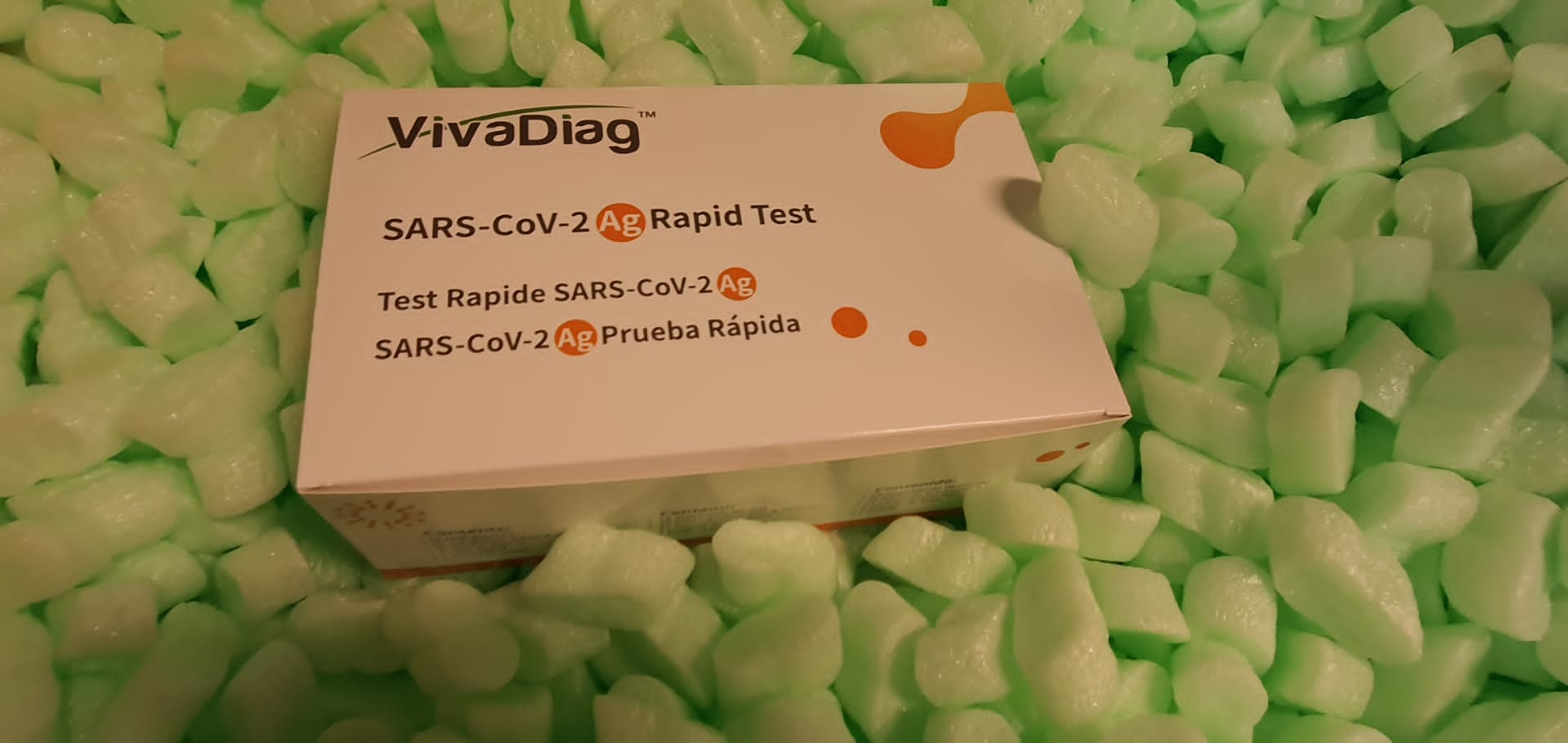The goal of the current paper is to overview the effects of non-digestible oligosaccharides (NDO) on immunity, specializing in their microbiota-independent mechanisms of motion, in addition to to discover their potential useful function in inflammatory bowel diseases (IBD).
IBD are persistent, inflammatory situations of the gastrointestinal tract. Individuals with IBD have an aberrant immune response to commensal microbiota, ensuing in in depth mucosal irritation and elevated intestinal permeability.
NDO are prebiotic fibres well-known for his or her function in supporting intestinal well being by way of modulation of the intestine microbiota. NDO attain the colon intact and are fermented by commensal micro organism, ensuing in the manufacturing of SCFA with immunomodulatory properties.

In illness states characterised by elevated intestine permeability, prebiotics might also bypass the intestine barrier and straight work together with intestinal and systemic immune cells, as demonstrated in sufferers with IBD and in infants with an immature intestine.
Vaccination with Alpha-Gal Protects Against Mycobacterial Infection in the Zebrafish Model of Tuberculosis
In vitro fashions present that fructooligosaccharides, inulin and galactooligosaccharides exert microbiota-independent effects on immunity by binding to toll–like receptors on monocytes, macrophages and intestinal epithelial cells and by modulating cytokine manufacturing and immune cell maturation.
Moreover, animal fashions and human supplementation research display that some prebiotics, together with inulin and lactulose, would possibly scale back intestinal irritation and IBD signs.
Although there are convincing preliminary knowledge to assist NDO as immunomodulators in the administration of IBD, their mechanisms of motion are nonetheless unclear and bigger standardised research should be carried out utilizing a wider vary of prebiotics.
Dysbiosis has been related to numerous diseases and is of main well being significance. Dysbiosis results in microbial translocation, which is the passage of microorganisms, their fragments, or their metabolites from the intestinal lumen into the blood circulation and different websites.
The goal of the research was to find out whether or not microbial translocation happens in stage II/III-IV colorectal most cancers (CRC) sufferers. The goal was additionally to guage the usefulness of blood PCR for prognosis of such translocation and correlate the presence of toll–likereceptor/vitamin D receptor (TLR/VDR) gene polymorphisms with microbial DNA fragments detected in the blood of CRC sufferers.
Three hundred and ninety-seven CRC sufferers enrolled in the research. Peripheral blood DNA was analyzed utilizing PCR for the amplification of genomic DNA encoding 16S rRNA, the β-galactosidase gene of Escherichia coli, glutamine synthase gene of Bacteroides fragilis, and 5.8S rRNA of Candida albicans.
Significantly greater charges of all microbial fragments, however E. coli, detected had been noticed in the CRC sufferers (p < 0.001); such detection of all 4 microbial fragments was additionally considerably related to the metastatic illness (p < 0.001), resulting in shorter survival charges (p < 0.001).
Tumor location in the proper colon additionally considerably correlated with shorter survival (p = 0.016). Individuals with homozygous mutant alleles of TLR/VDR polymorphisms had considerably greater detection charges of microbial DNA fragments. The detection of microbial DNA fragments in CRC sufferers highlighted the function of these microbes in most cancers growth, development, and sufferers’ survival.




